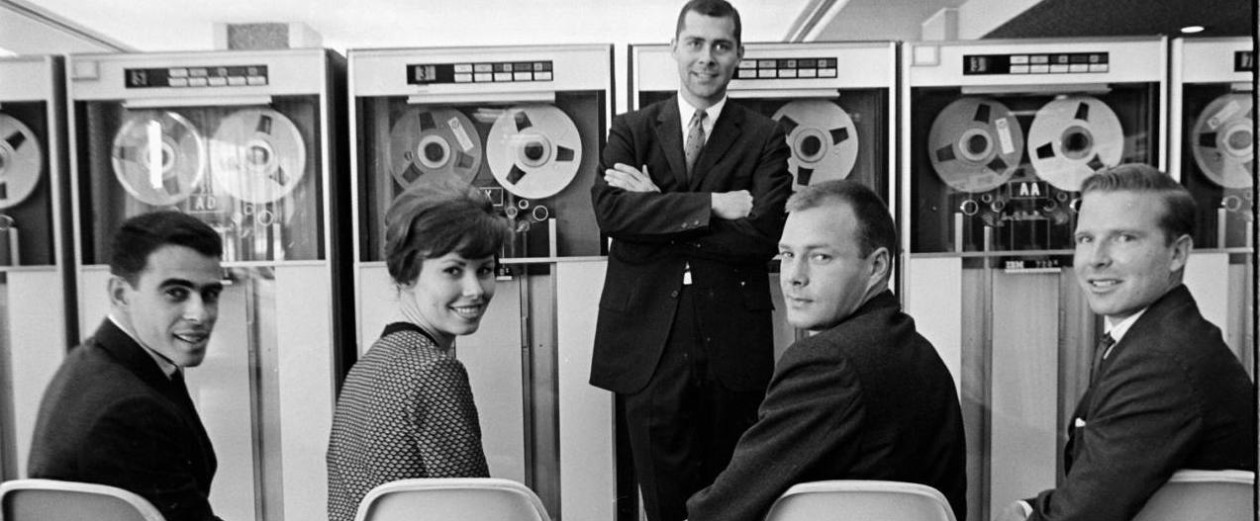The pioneering computer scientists Daniel McCracken passed away yesterday. Among other things, McCracken wrote one of the first books on computer programming. McCracken also wrote extensively on computer programming throughout the 1960s. I know him best through his 1962 Datamation article on “The Software Turmoil,” which was one of the first articulations of the general sense of dissatisfaction with software development that would emerge in the late 1960s as the “Software Crisis.”1.
Throughout his career, McCracken argued that the solution to the burgeoning crisis on software development was in part the pursuit of professionalism within programming. The following is from another 1961 essay on “The Human Side of Computing”:2.
The training of hordes of newcomers isn’t the whole story, of course. There are problems in the professional development for those already in the field. To take one instance, a lot of the present coders will have to become systems analysts in the next few years. The problem is, how are they supposed to go about learning the new skills required?[p.9]
The difficulty seems to be that systems work is not so much a body of factual knowledge, as an approach to problem solving – and no one knows how to teach the problem solving approach. All that we seem to be able to do it let the coder work with an experienced systems man, and hope that some of the skills get transferred by osmosis.[p.9-10]
This observer would like to suggest that the attainment of truly professional status for computer people as computer people is only partly a matter of demonstrating mastery of subject matter. It is also a matter of demonstrating a sense of responsibility and thereby gaining a certain dignity and stature in the public eye.
The historian of computing Arthur Norberg interviewed McCracken for an oral history for the ACM History Committee.


 Follow
Follow
In 1976 I was sacked from my job as a computer programmer as soon as I had completed the program for their liquer invoicing. (I refused to stay behind and work for nothing).
I applied for a job as a Systems Analyst for an international insurance company, and got it. I designed a home renewal system and a motor renewal system, loved the job and worked all hours.
All I needed to know was what came in and what was wanted out, and the creativity to make that happen in easy to code modules.
So how can we tell if a person is creative – I have no idea. But I got hired in my first programming job simply by passing the IBM PAT, and then being paid for 3 months full time training by BHP (AIS) in Wollongong.
I would say imagination is the key to creating something new, and maybe that can be discerned from having a close look at a persons life.